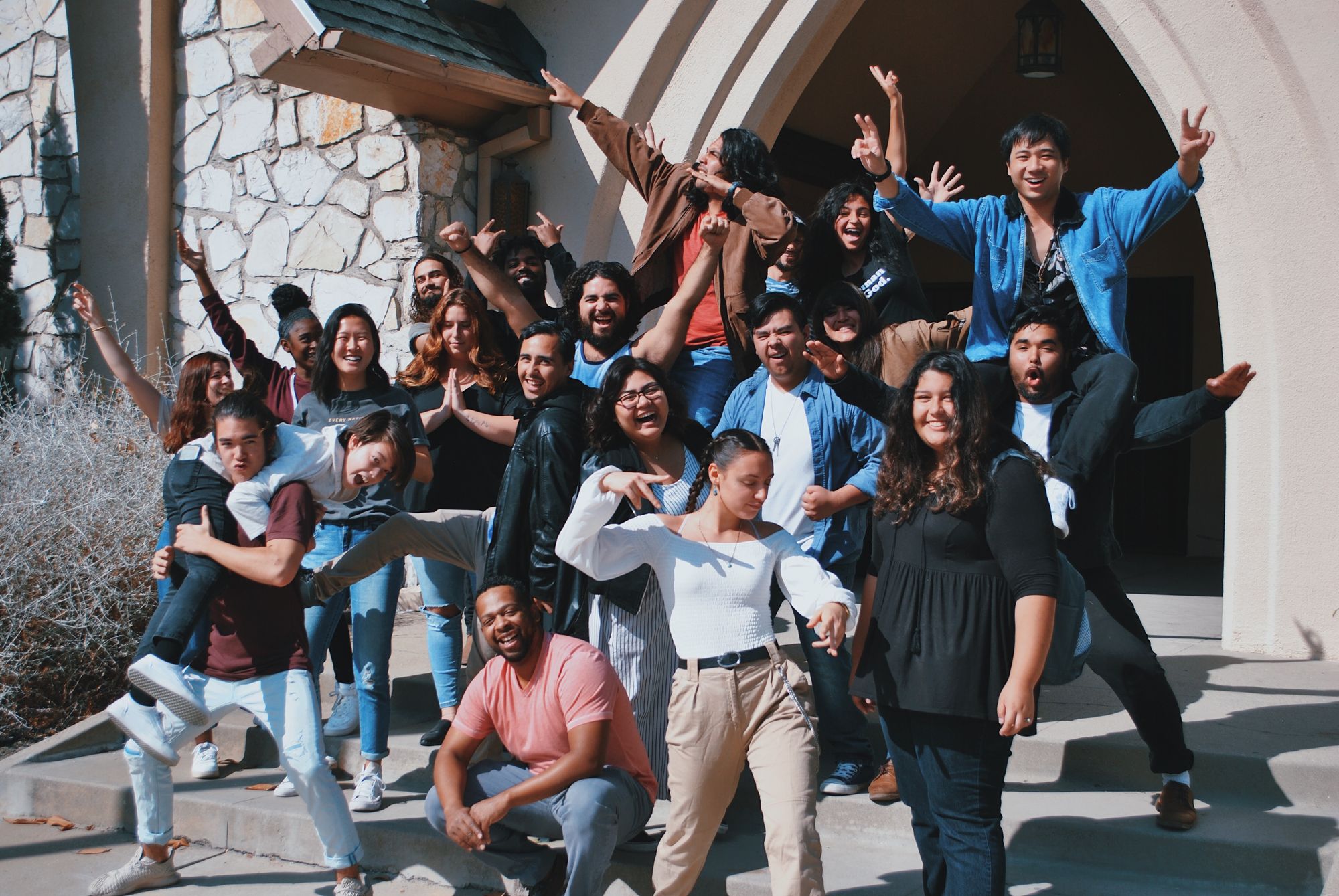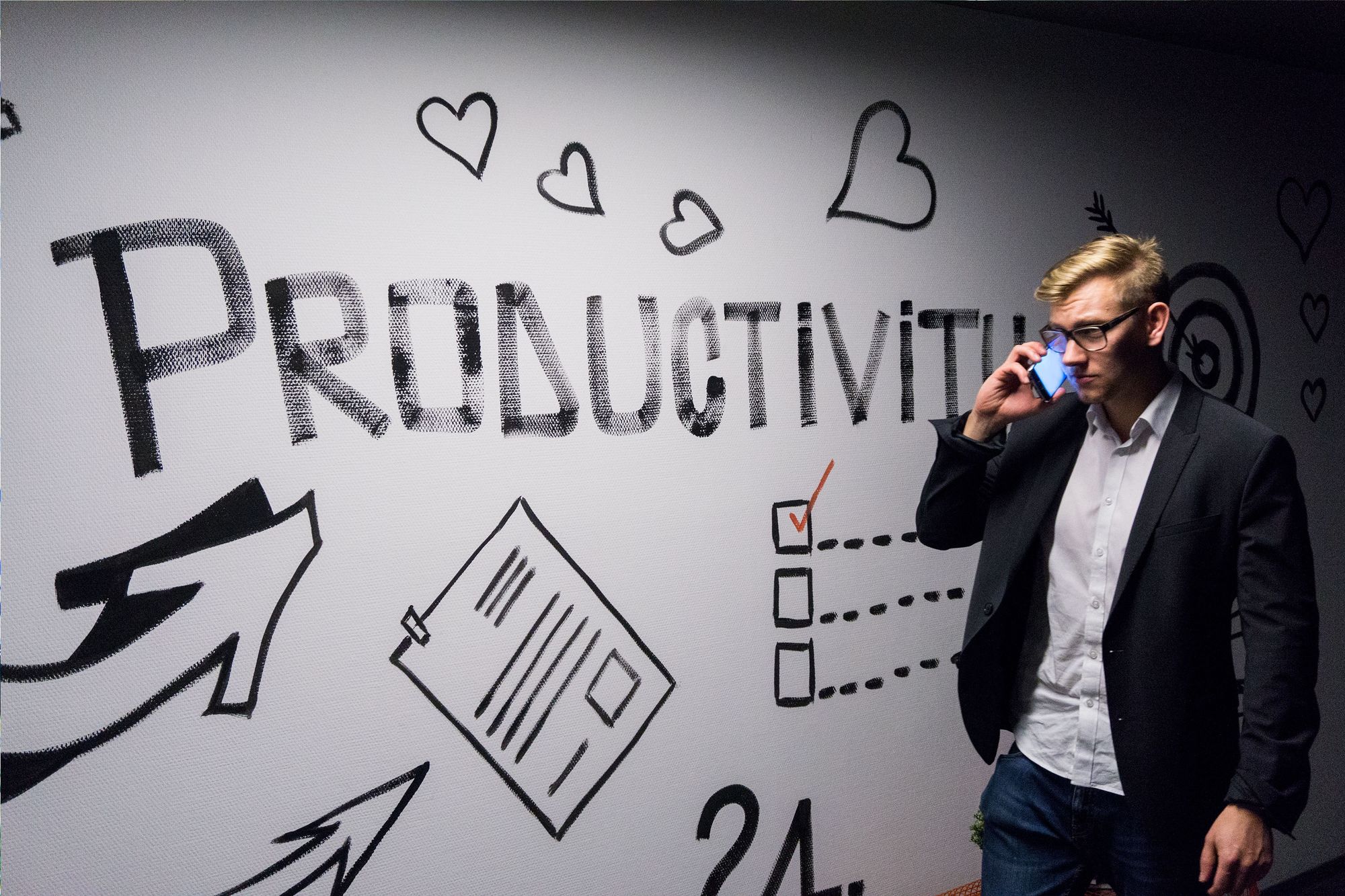People aren’t the same everywhere. They vary because of the different kinds of experiences they have had. In life, everyone goes through a unique set of circumstances to finally become who they are at present.
Therefore, it will be wrong to expect a fixed pattern to work successfully for each one of your employees. When it comes to productivity, everyone has their own special way of chasing and accomplishing it. Some, for example, are more productive in the early hours of the morning, whereas, others prefer to work late through the night.
This explains why a company can never succeed beyond a point by following a single key fits all attitude. To get the best out of all your employees, the management needs to look into their work pattern details, expectations and attitude towards life.
Millenial appreciates remote culture because it gives them the freedom to work in ways that improve their productivity. For them,
productivity isn't the number of hours you spend staring at your computer screens but the amount of work you are able to finish in a given period of time.
Besides, people, these days want to live a fulfilling life that can satiate both their professional as well as personal aspirations.

Can Flexible work culture really do wonders for a company?

Flexible work culture indeed is progressive and smart, but to establish it successfully within an organization requires great effort, time and patience.
No matter how passionate the employees are, for most organizations, keeping their remote teams connected with the headquarters gets difficult after a while. And that is the reason why, even with the smart remote tools readily available , they avoid employing remote work culture in their process.
Also, remote isn’t just about getting a job done on time. It is about having a procedure in place that not only keeps the distant teams on toes but also in touch with the other members in the office, at a deep cultural, ideological and emotional level.
Flexible work is about integrating the remote team with the team sitting in the office; respecting their opinions and letting them lead important projects from the front.
The Two Parallel Perspectives: Employee and Management

a) With remote working, there are two basic perspectives to consider: of an employee and their employer.
Let me give you an example from my own life. I have worked as a remote employee for about 13 months. Working remotely, I found out that I researched and created writing pieces much faster at home.
Why is that you may ask?
Well, it has a lot to do with finding focus & creativity. Home is the place where I read, create and feel the most comfortable at. Plus, I am most productive in the morning hours. So, when you combine home with morning and coffee and a good book, I naturally am able to give my best.
At once I am most productive!
However, that doesn’t mean I do not like coming to the office. In fact, I very much enjoy meeting my team members and brainstorming with them. Having great people around you energizes and fills you up with driving ideas. Also, a healthy team helps you learn new things, inspires you to grow and makes you laugh.
So as an employee, I can see how very important and productive a flexible work environment is, as well as overall digital employee experience.

b) From a managerial point of view , it is important to keep your teams together . Because if there is no sense of unity among the team members, a company’s basic architectural structure cannot be built. In the absence of mutual dependency, everyone’s sole purpose will be limited to satisfying their own career goals, which isn’t wrong but is restrictive.
When you work for bigger ideals, you automatically build yourself in the process. That is how the management wants you to grow. Growing along with the team is the best growth.
Now that we know a flexible work environment is important for employees to feel good, we need to look at
How to successfully integrate remote culture in your team?

Communication tools are important not just to connect remote employees for meetups but also to help them build an informal rapport with other employees.
While attendance tracking helps managers maintain accountability, the real value of these tools lies in building team connections.
Only when you can joke with your team can you be a part of it. When the remote members share the feeling of being a part of the team, they will be naturally driven to give their opinions on every random matter.
Their collective opinion will help the company grow. Communication tools like Slack, Skype, Hipchat, and StoryXpress Recorder keep the employees connected at multiple levels.
While you could use videos for meetups and conferences, you can use slack and chats for quick questions, doubts, and even jokes.

2. Regular check-ins: The remote members need encouragement, support, and advice, as much as does the local team. Therefore, as a leader, it is on you to make your remote team feel connected. How can you achieve that? By checking on them regularly, and while you do so, remember that face to face connections make a deeper impact, and lasts longer.
3. Newsletters: Imagine how cool remote employees would feel to know about the parties they failed to attend. When you keep them updated on the latest office gossips and happenings, they feel an integral connection with the team. Remember, the more you give them, the more you will get.
Also, you can make the newsletters engaging by asking your remote employees for replies. For example, if you had a party where you asked your local employees about their passions, hobbies or ambition.
You can ask your remote employees the same question. Then, in the next edition of your official newsletter, you can publish their views on casual subjects to help them connect with the team.
4. Mentorship: Assign mentors for the remote team who they can interact with any time and for anything that concerns them. That way they won’t feel isolated, and will always have a window to learn about new things and express themselves freely.
5. Events for a thriving remote culture: Just because a company works remotely, doesn't mean that fun office events can't still be a thing! For example, LTV, an NYC company that recently transitioned to being fully remote holds many fun and creative events. From daily meditation sessions, virtual happy hours , live-streaming workout classes , poker nights, and company cooking shows, it shows how a remote working culture can be both productive and fun. Remote work statistics show that companies with strong remote cultures have higher employee satisfaction, proving that fun virtual events boost both morale and productivity.
Wrapping up...
Flexible work culture is great! But, in order to integrate it with a company's ideology and to actually help your employees reduce burnout or work fatigue, you need to take note of a lot of things. If you could implement a remote work culture successfully, there is nothing better & more productive than that!



 Free Screen Recorder for Chrome
Free Screen Recorder for Chrome













